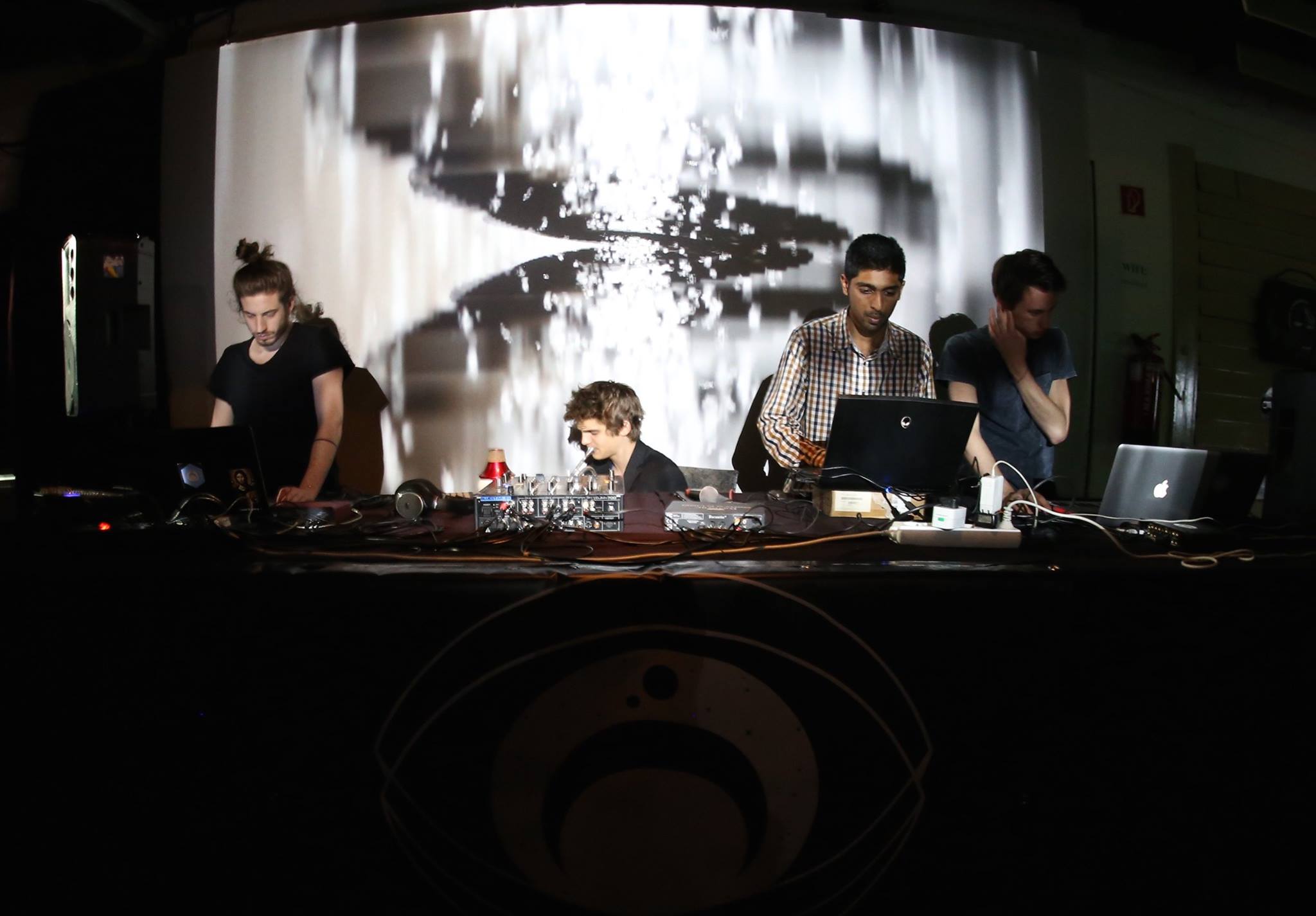Foliage – Rózsadomb [Visionary Mind Records, 2021-06-23]
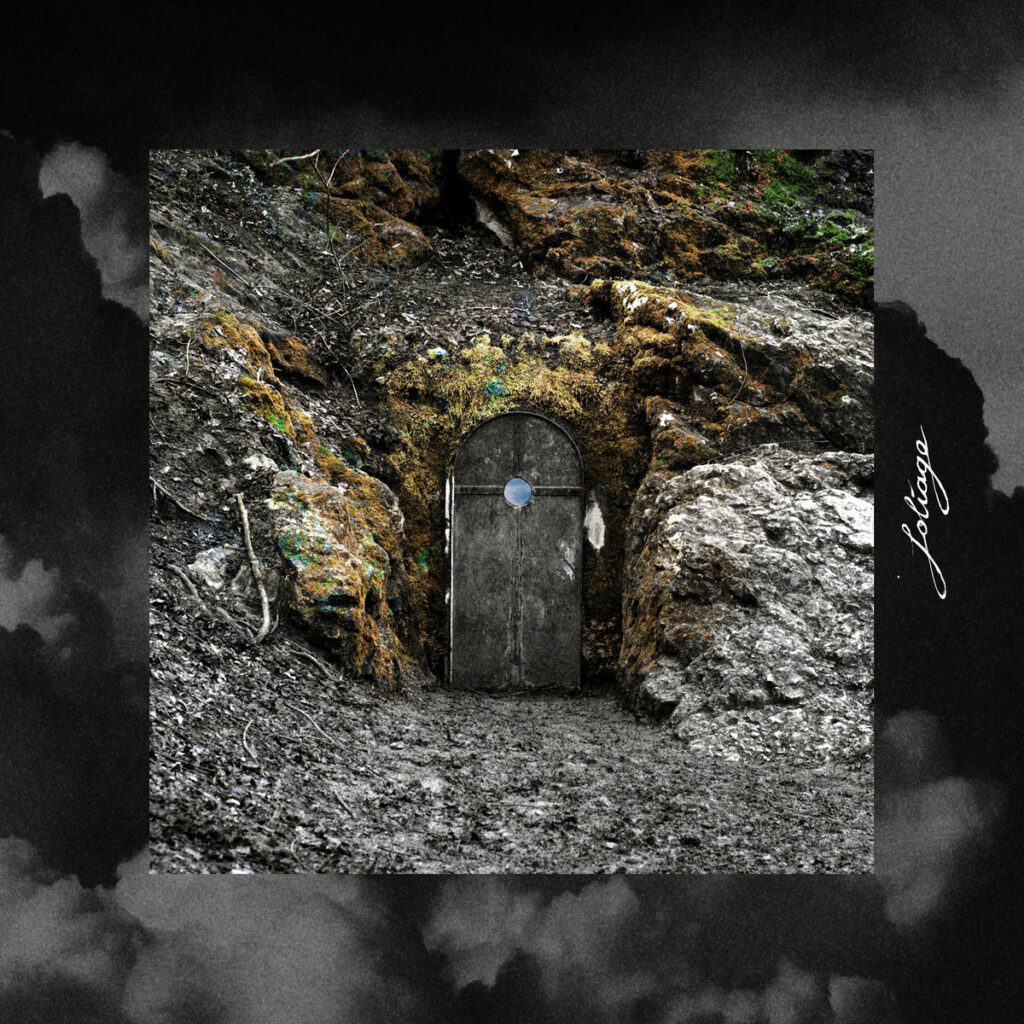
Over the years, the hypnotic techno tree hasn’t stopped growing its ramifications, implementing themselves in various other genres from dub techno to drum’n’bass. It is part of the natural “process of modernisation”, characterised by fusions of genres, and which we follow closely in all its diverse manifestations. Recently, we came across a captivating movement that combines UK bass with ritualistic hypnotic techno, intensifying the hypnotic effect in an unprecedented manner. In this article, we use the pretext of a release to introduce and explore this intriguing movement.
Contents
1. About the movement
2. About the label of the release
3. About the sound
4. About Foliage
5. About the release
BUDAPEST, WITH A “B” LIKE “BERLIN”
While being already three years old, Foliage’s release made a lot of noise this week in our group, not that it highly represents the sound that we are about to introduce, but because it unveiled the project Visionary Mind, the label behind the EP, which was unknown to us, and which led us to the magical sound…
Stay focused, dear visitor, because you are now entering a stellar nursery, a “nebula”, far wilder than what your eyes can see: a region of space where bricks of the underground culture are born…
The nebula extends to various European countries from France, with projects such as Wave Arising and K.O.P 32, to The Netherlands, thinking of Spekki Webu, Woody92 and Modern Errors. On the East, it reaches Croatia, home of the Mo:Dem Festival, where The Seed, the most inventive stage, serves as a convergence point for buzzing creative minds. Backstage, they “contaminate” each other artistically, with the power of new friendships. Then, just next to Croatia, Hungary is the proud host of the OZORA Festival, another enchanting wellspring of creativity. It is this very country, home of Visionary Mind, that we have chosen to stop by, for the subject of this article, not that it is more important than other places in the movement, but because this is where we discovered it…

Warm welcome to Budapest ladies and gentlemen… Art and fashion radiate from Hungary’s capital, where the gothic architectural grandeur of the Austro-Hungarian Empire coexists with the imposing Soviet-style concrete buildings that emerged during the communist era, spanning from 1949 to 1989.
When zooming in on the heart of the city, on a vast urban square called Blaha Lujza tér, alternative music could be heard from a communal centre, open from 2012 to 2018, before being transformed into a mall. Called “Művelődési Szint” (“Community & Art Floor”, in Hungarian) or, in short, Müszi, the cultural space was 3000 meters square large, grouping bars and a multitude of rooms for artists and activists, serving as studios, workshops and other creative projects.

Inside, you could find a reggae music studio cohabiting with a hair salon. One could organise a gig, invite people and charge the entries. Müszi was hosting nearly 120 events per month and became an important hub in Budapest’s culture, with a very deep “artistic soul”, unequalled worldwide…
Within one of the rooms was Visionary Mind’s headquarters…
THE LAB
Accessing the room required passing through a grilled door with a code, followed by the opening of a second metallic door, announcing the colour from its giant psychedelic graffiti. Four to ten musicians were regularly jamming inside, when not partying in the other rooms. Strongly rooted in the alternative culture, they delved into the realm of sound, experimenting assiduously with fresh musical ideas and approaches, amidst a strange scent of smoke…
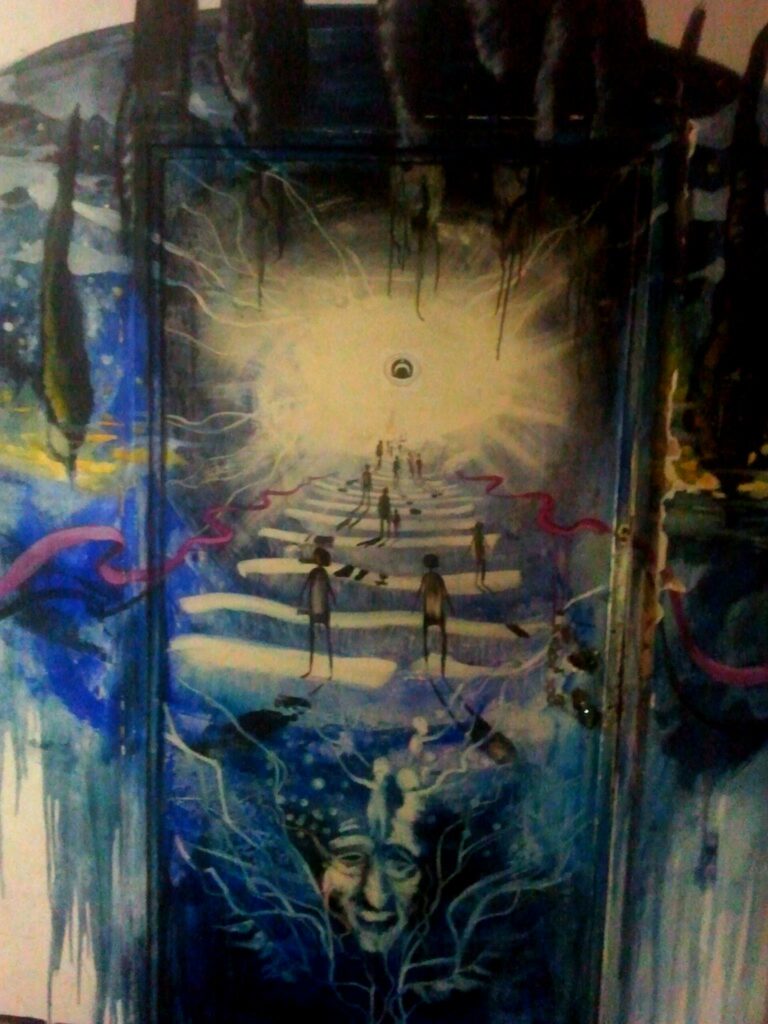
Visionary Mind was founded by Kapitano and Mental, both well-known in the Mo:Dem and OZORA communities, for being involved in the management of The Seed and The Dome, the festivals’ respective sulphurous alternative stages. Next to the label owners, the following sound designers gravitated around “the lab”: Modern Errors, who lived in Hungary from 2011 to 2018, Pietro Bardini, Utero, Iketa, Subroute Roots, Direktorz, the trumpeter Zsombor Czegledi, Kalumet, familiar in our blog, and last but not least, Foliage. There were also other projects now defunct: Vitrion, Mindgate and Borealtrophica.
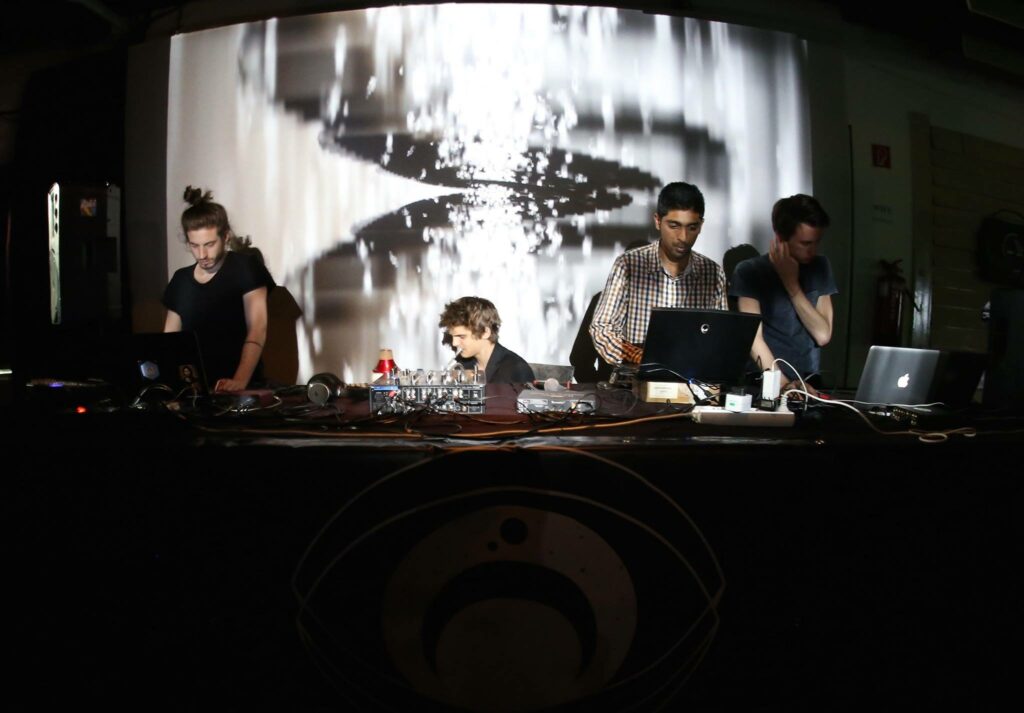
After countless hours of experimentation, it was time to release music. Between 2012 and 2013, many EPs came out, the first one being “Glass” by Iketa, a melting pot of piano melodies, ambient music and electronica.
THE ANECDOTE OF MAX COOPER
Among other melodic electronica legends such as Jon Hopkins and Nils Frahm, Max Cooper has always fascinated us. We owe him the understanding of what storytelling in a mix is, as discovered in his “Synesthetes Museum” set, where he brilliantly reproduced the British Museum’s atmosphere. It happened that his friend Nick Warren, son of Bedrock, fortuitously stumbled upon “Glass” and passed it to Cooper. Without thinking twice, Cooper called Mental and requested to remix the track “Burn”. It gave an unexpected light to the nascent label, without impacting its experimental spirit.
A SUBGENRE CALLED “PRIMAL BASS”
As part of the “nebula”, the artists from Visionary Mind truly embody the essence of the contemporary movement, which is fundamentally a response to the previous tendency of excessive categorization in Art. So “labelling their sound into one genre” is unthinkable for them, as noticed in the label’s eclectic discography, developing a wide range of sounds from ambient drones to raving, fast, nude, raw techno. The producers also vary the technical processes, from classic to generative experimental approaches. To distinguish both, Foliage shared a great metaphor: “Imagine a ship on a large river. In the classic approach, an itinerary is set and the ship follows it to go from one deck to another. In the generative approach, you leave the probability of your shipping route to the structure of the river. As an artist, you just make sure that the ship doesn’t crash on the river’s edges…” In brief, the classic approach consists of using the DAW to layer elements and arrange them, while the generative one plays random notes and effects within a system. The latter, often used in techno compositions, brings lots of creative ideas, melodically and rhythmically.
All this being said, “a label of genre” is sometimes necessary to ease the conversation or set a tag on the music platforms. Earlier this year, Modern Errors came up with the name “primal bass” to tag his recent work: an EP on Antilounge Records and this live set:
Today’s underground electronic music is mainly divided into experimental, ambient, garage, UK bass, drum’n’bass, hypnotic techno and the comeback of fast techno. Like the physicists who dream of a theory that would unify Einstein’s gravity and quantum mechanics, we were dreaming of an underground genre that would eventually reconcile all the above-mentioned ones. This is what “primal bass” appears to be for us, through the wide spectrum that it encompasses, inherited from the nebula’s “contemporary freedom”, but also by taking the very best of each genre: the challenging side of experimental music, the trippy effect of ambient, the groove of garage, the deep mood of drum’n’bass, the alienating repetition of hypnotic techno, the raving feel of fast techno… Then, the “primal” side, subtly evoking tribalism and shamanism, works like a sauce that smartly links all the above-mentioned ingredients together, “smartly” because what can be more impactful for human ears than ancestral sounds, which have followed our species for millions of years?

Modern Errors is a genius, because while merging all the above-mentioned genres, he succeeded in making the melting pot very minimal, returning to the essence of Detroit’s minimalism, which was partly a reaction against the maximal side of hardcore techno. That’s not all: in the live set, listen carefully to how the fusion of genres boosts the effect of each. We for instance already analysed how ambient and hypnotic techno intensified their respective effects when merged together, in albums such as Voices From The Lake. Now, through the set, we for instance also distinguish how much UK bass boosts the hypnotic effect. In the second half of the 2000s, the Italian stalwarts from Elettronica Romana and Prologue understood that bringing “comfort” to the hypnotic repetition was boosting the musical hypnosis, which they did by implementing atmospheres, yet what is more comfortable than a focus on the bass frequencies, known to be the most pleasant for human ears?
Right or wrong, this analysis explains to you why we are so excited about “primal bass” and why we make a whole article about it. For us, the concept modernises hypnotic techno through the fusion of genres, intensifying so much the hypnotic effect that while hitting play, potential instant knockouts are delivered to the listeners, swiftly immersed in their inner world.
Let’s move on now to Foliage’s release mentioned in the header, for another important aspect: the psychedelic side…
THE INCREDIBLE STORY OF FOLIAGE
Behind this project is Harshavardhan, or “Harsha” in short, hailing from Hyderabad in India. Mental describes him as “a well-educated Indian gentleman and talented artist”, which was confirmed in a call that we had with him: he’s an elegant speaker of English and shares impressive culture in the classical and psychedelic music realms. Holder of a master’s degree, his “physical body” is involved with software companies, finance and intelligent music, while an old wise soul obviously chills in his “spiritual body”, capable of improvising beautiful imagery for every concept that he explains.

At the young age of seven, Harsha commenced his training in the realm of Indian classical music, with its stylised percussions and string instruments. During the call, he shared an interesting comparison: “In Western classical music, the melody is made of harmonies: you are basically pressing three notes together to create a chord and that forms the base of your composition, and on top of that you are layering different structures. In Indian classical music, you have a drone, and on top of it, you can layer different combinations of notes, but never two together.” Such an explanation shows how much hypnotic techno, through its drone-based structure, is inherited from the psychedelic culture, itself highly inspired by Indian music.
During his youth, Harsha learned to sing Indian chants, which ultimately gave him musical ideas: he started to produce in 2008 and later, also learned to DJ. In 2012, he created his alias Shivacult, a project mixing spirituality-oriented raga melodies with electronic music:
One year later, he founded Monkey Radio India with his dub techno mentor Dakta Dub, then came up with the project Foliage to compose darker field recordings and ambient-based tracks, as he explained: “During the cold winter, the European inhabitants eventually dream of the beach. For us in India, it’s exactly the opposite. We only have summer all year long, with 45° outside at the peak. During the hottest times, I imagine myself being in the snow. This is how my music slides to colder and gloomier territories…”

Harsha has a beautiful philosophical view on darkness, which he shared with us: “I distinguish “blackness”, encompassing for instance meanness and criminality, with “darkness”, not necessarily negative, as it can be related to the occult or esoteric side of existence. If you do occult practices that will bring bad things to people, I call it “black”, if you do them for the benefit of others, I call it “dark”. There is beauty in darkness, as well as an invitation to go deeper than the surface. There is also a notion of “politeness” related to it: I produce dark tracks, but “polite” rather than “egoïst”. By “polite”, I mean the soldier who has been forced to kill enemies on the battlefield but who doesn’t walk on a flower to respect its beauty. When you control your occult power, it brings you a certain confidence and sureness, like you know what’s going to happen but you also know that you are polite enough to not use it for bad purposes.”
Around 2012, he heard that some of his tracks were played in OZORA. Like Modern Errors before him, he left everything to pursue “a musical connection”, that he felt with Hungary, and he arrived in Budapest in 2016. One day, famous composer Dubsahara, well-known for his work on Matrix, came across Harsha’s music on Soundcloud and shared it. Some veterans from Budapest noticed it, including a certain Mental from Visionary Mind…
Mental invited Harsha to “the lab” during its night sessions and a nice friendship started. From 2016 up until today, Harsha regularly played in local festivals, enjoying their very special psychedelic energy.
STORYTELLING
Among other artists, Donato Dozzy once stated that working with storytelling is the highest level of musical creation. For a DJ, it consists of translating a story, a landscape or a mood musically instead of just mixing the favourite tracks of the moment. Thus Modern Errors, in the creative process of his above-mentioned live set, has been inspired by a storm that he observed on the seaside of his home town Den Haag in The Netherlands. For a producer, it’s the same idea, and in his EP “Rózsadomb”, Foliage tried to represent the hills that he was regularly walking by during the pandemic crisis. Each title is one hill: we brought pictures to help you to “see the sound”:
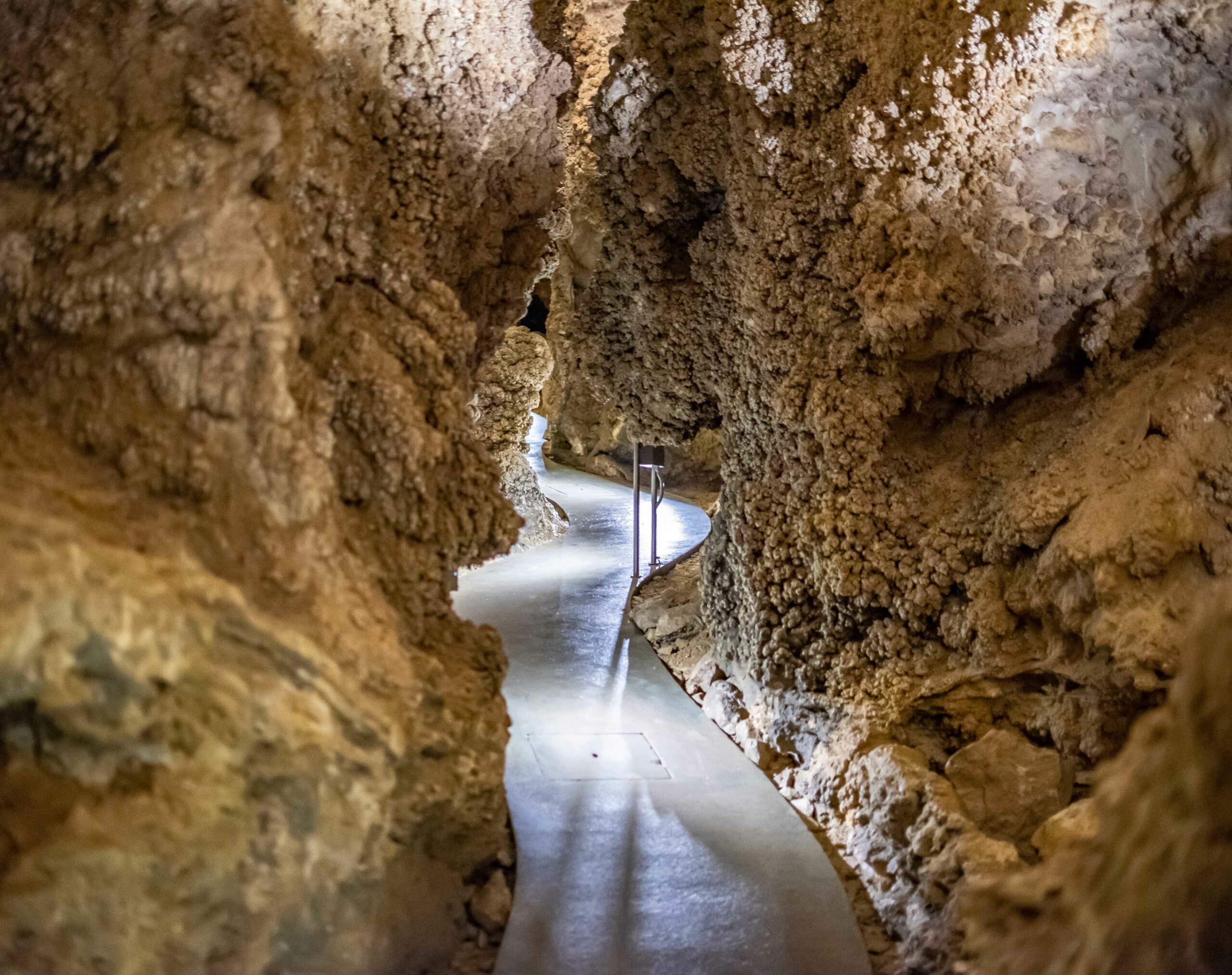
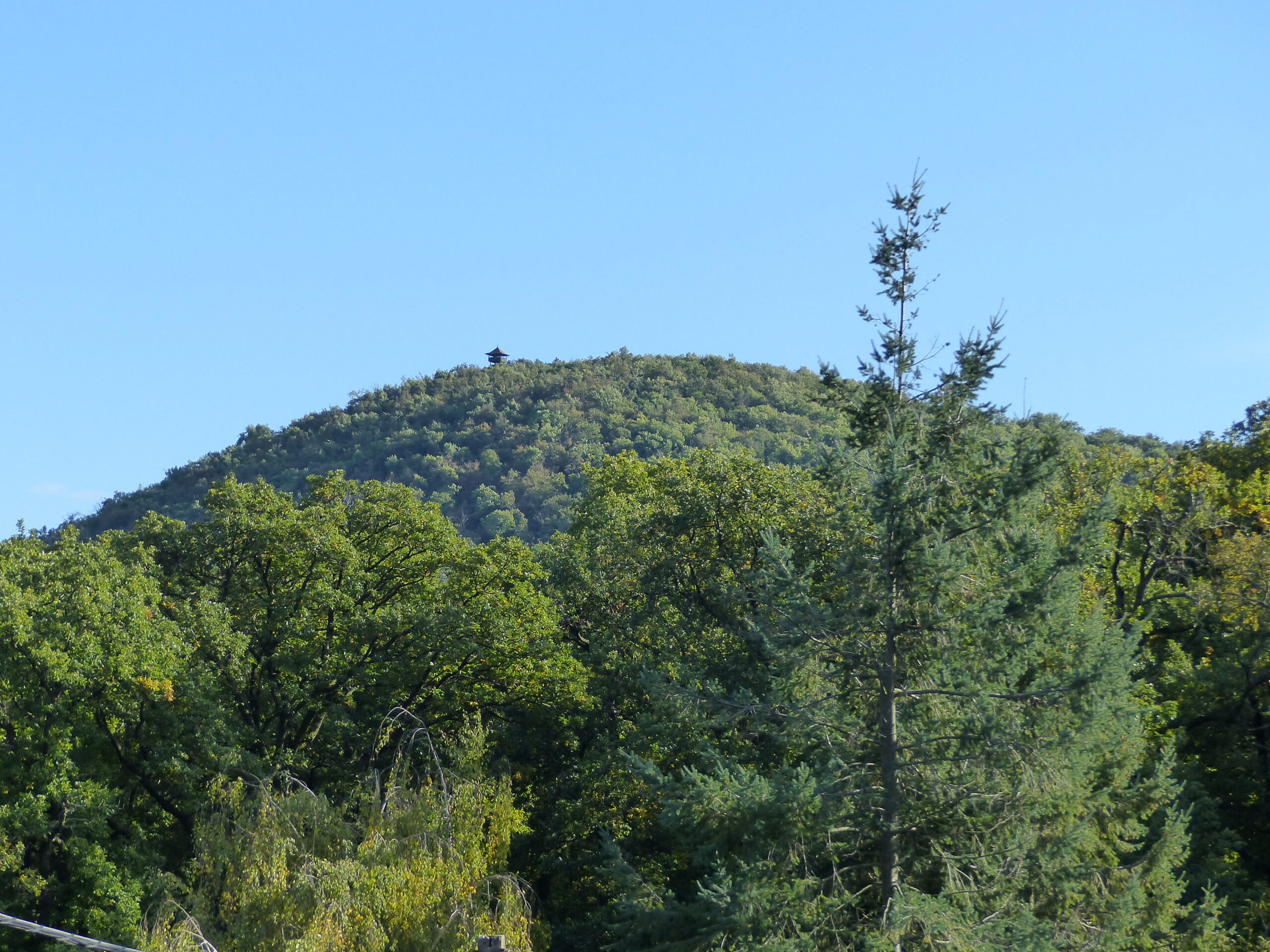

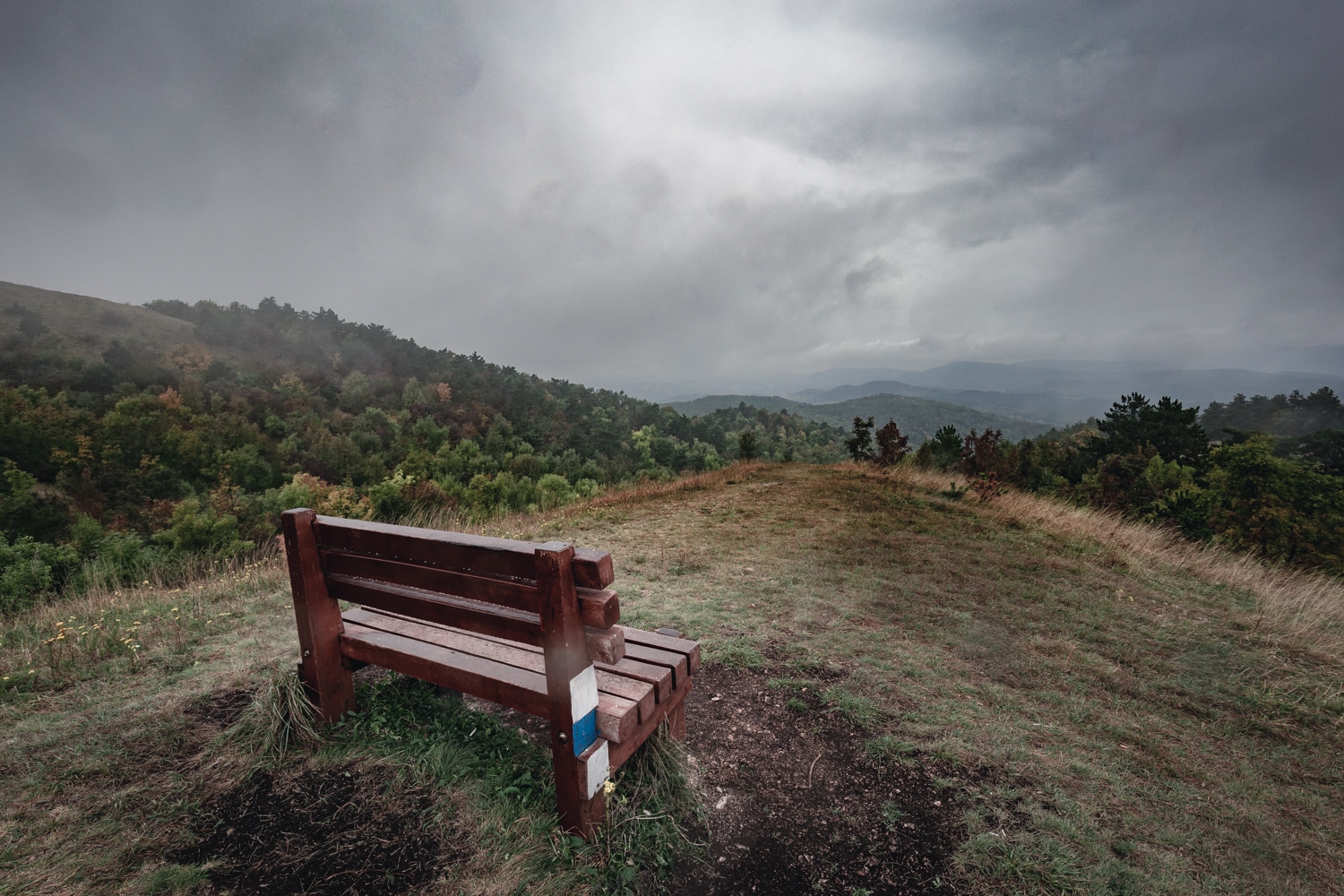
“A lab” to experiment in the pure alternative music tradition, a gathering of friends, a tribal vibe, an openness on genres and technical approaches, a psychedelic legacy, a passion and lots of talent, all contributed to the birth of “primal bass”, an ultimate fusion of genres and an essential musical story that we hope will echo to your heart like it did for us…
WRITING BY: CEDRIC FINKBEINER | 15 FEBRUARY 2024
[Big thanks to Mental, Foliage and Modern Errors for their help in gathering information 🙏]

